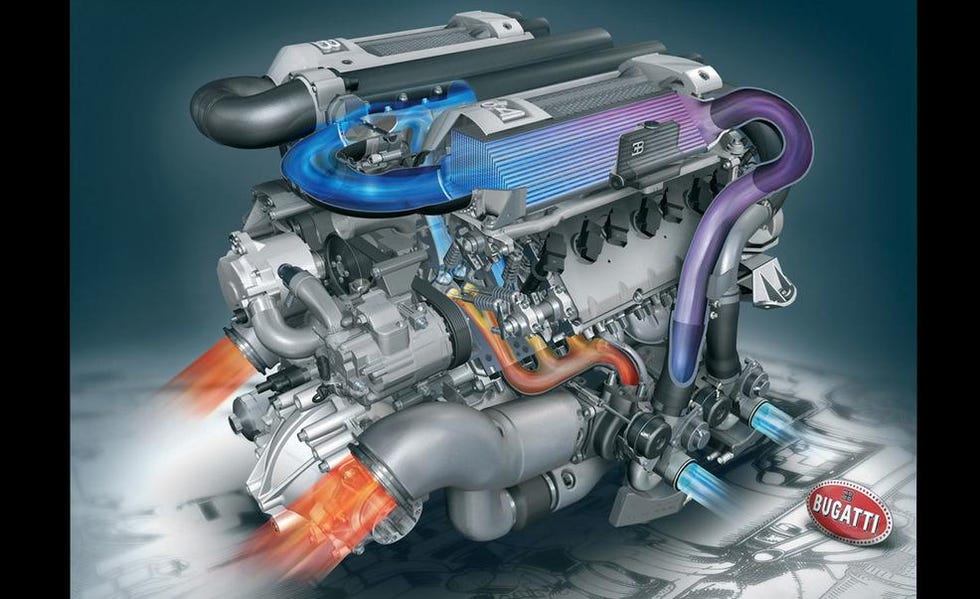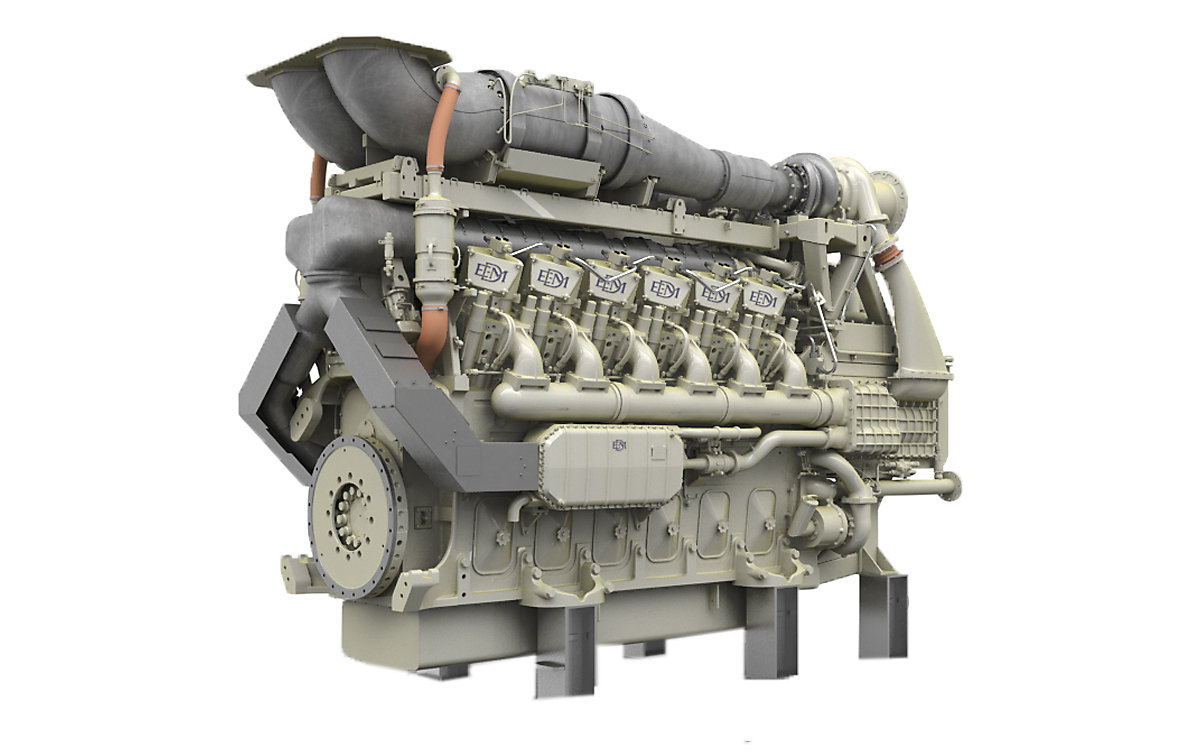Explore a Large Range of Engines for each Car and Objective
The automotive landscape is increasingly complex, with a diverse range of engine types created to satisfy certain performance and performance demands throughout different automobile groups. From the high-performance engines that power sporting activities cars to the fuel-efficient options customized for daily commuting, the choices are substantial and differed. In addition, sturdy engines offer the requirements of work vehicles, while environment-friendly options are acquiring traction in the search of lasting transport. Comprehending these distinctions is essential for making notified decisions, specifically as arising innovations remain to shape the future of vehicle engineering. What ramifications might these improvements hold for makers and consumers alike?
Types of Automotive Engines
Automotive engines can be classified into a number of unique kinds, each developed to fulfill particular performance and performance requirements. One of the most usual groups consist of inner combustion engines, electrical engines, and hybrid systems.

Electric engines, on the various other hand, operate electric power kept in batteries, providing instantaneous torque and no emissions. These engines are ending up being increasingly prominent due to advancements in battery modern technology and the growing focus on sustainability.
Crossbreed systems integrate both inner combustion and electric engines, enabling automobiles to optimize fuel performance and decrease exhausts by seamlessly changing between power sources. Each engine type presents its benefits and drawbacks, influencing aspects such as lorry layout, planned use, and market demand. Comprehending these differences is critical for consumers and suppliers alike when choosing the proper engine for their details needs.
Performance Engines for Sports Cars
Efficiency engines for sporting activities automobiles are particularly engineered to provide improved dexterity, speed, and power, setting them aside from typical automotive engines. These engines often utilize innovative technologies such as turbocharging, supercharging, and variable valve timing to make best use of performance and responsiveness.
Commonly, efficiency engines are made with greater compression proportions, which enable better power extraction from fuel. This causes outstanding horsepower and torque numbers, making it possible for fast velocity and higher top rates. The lightweight products made use of in these engines, such as light weight aluminum and carbon fiber, contribute to lowered total automobile weight, improving handling and maneuverability.
Engine arrangements like V6, V8, and even hybrid systems are usual in efficiency cars, each offering distinct advantages in terms of power delivery and driving characteristics. The tuning of these engines is likewise essential; numerous makers optimize the engine monitoring systems to provide an exhilarating driving experience, often consisting of sporting activity settings that adjust throttle reaction and equipment changes.
Effective Engines for Daily Commuters
In the world of daily commuting, efficient engines play a critical duty in enhancing fuel economy and lessening emissions while supplying trustworthy performance. As metropolitan populaces expand and environmental concerns increase, the demand for cars furnished with reliable powertrains has actually risen.
Modern engines developed for everyday travelers frequently include technologies such as turbocharging, direct fuel injection, and crossbreed systems. Turbocharging enhances engine effectiveness forcibly even more air right into the combustion chamber, permitting smaller sized, lighter engines that do not endanger power result. Direct fuel injection enhances gas atomization, leading to much better burning and boosted performance.
Crossbreed engines, combining interior combustion with electric power, further boost fuel economy, specifically in stop-and-go traffic, where typical engines can suffer from inefficiencies. Electric motors assist throughout acceleration and can operate independently at reduced speeds, minimizing general fuel consumption.
Furthermore, advancements in engine administration systems and light-weight products contribute dramatically to reliable engine layout. By concentrating on performance, durability, and environmental sustainability, manufacturers remain to supply engines that not only fulfill the needs of everyday commuting but also align with global initiatives to minimize carbon footprints.
Heavy-Duty Engines for Work Automobiles
Heavy-duty engines for job cars are regularly engineered to deliver exceptional torque and reliability under requiring conditions. These engines are developed to perform in settings where standard engines might fail, such as building sites, logging procedures, and agricultural setups. The key focus of sturdy engines is their capability to produce high levels of power while keeping toughness over prolonged durations of procedure.
Normally, heavy-duty engines make use of sophisticated products and durable construction strategies to stand up to the rigors of hefty workloads. Functions such as reinforced cyndrical tube blocks, enhanced air conditioning systems, and advanced gas injection innovations add to their performance. These engines typically run at lower RPMs, which aids wikipedia reference to maximize fuel effectiveness while giving the required power for hauling and hauling.
Along with mechanical robustness, sturdy engines are typically outfitted with sophisticated electronic control devices (ECUs) that handle efficiency, exhausts, and diagnostics. This integration enables much better surveillance and maintenance, making sure that work lorries remain reliable and operational.
Eventually, sturdy engines are an important element in the efficiency of various markets, supplying the needed power and integrity to tackle the most difficult of jobs.
Eco-Friendly Engine Options
The expanding focus on sustainability has actually led to the development of environment-friendly engine alternatives that focus on minimized emissions and improved fuel efficiency. These engines are designed to reduce the ecological effect of automobiles while still supplying the efficiency and integrity expected by consumers.
Among one of the most remarkable green alternatives are hybrid and electrical engines. Crossbreed engines incorporate typical inner combustion engines with electric propulsion, allowing for decreased fuel intake and reduced greenhouse gas discharges. Electric engines, on the other hand, operate entirely on battery power, generating no tailpipe discharges best site and adding to cleaner air high quality.
Another appealing development is the improvement of biofuel engines, which use sustainable sources, such as plant materials, to power vehicles (Engines For Africa). By utilizing biofuels, these engines can minimize dependency on nonrenewable fuel sources and reduced overall carbon impacts

As the automotive sector advances, environment-friendly engine options will certainly i thought about this play an important function in driving the change in the direction of even more lasting transport options.
Conclusion
The auto industry provides a diverse selection of engines developed to fulfill different automobile requirements and purposes. From high-performance engines that boost cars capabilities to reliable models focusing on fuel economic situation for everyday commuters, each type offers a specific feature. Heavy-duty engines accommodate robust work lorries, while environmentally friendly options, such as electrical and biofuel engines, advertise sustainable transportation. This thorough range makes certain that all driving requirements are attended to, adding to advancements in vehicle technology and ecological stewardship.

Comments on “Discover Long Lasting and Reliable Products from Engines For Africa”